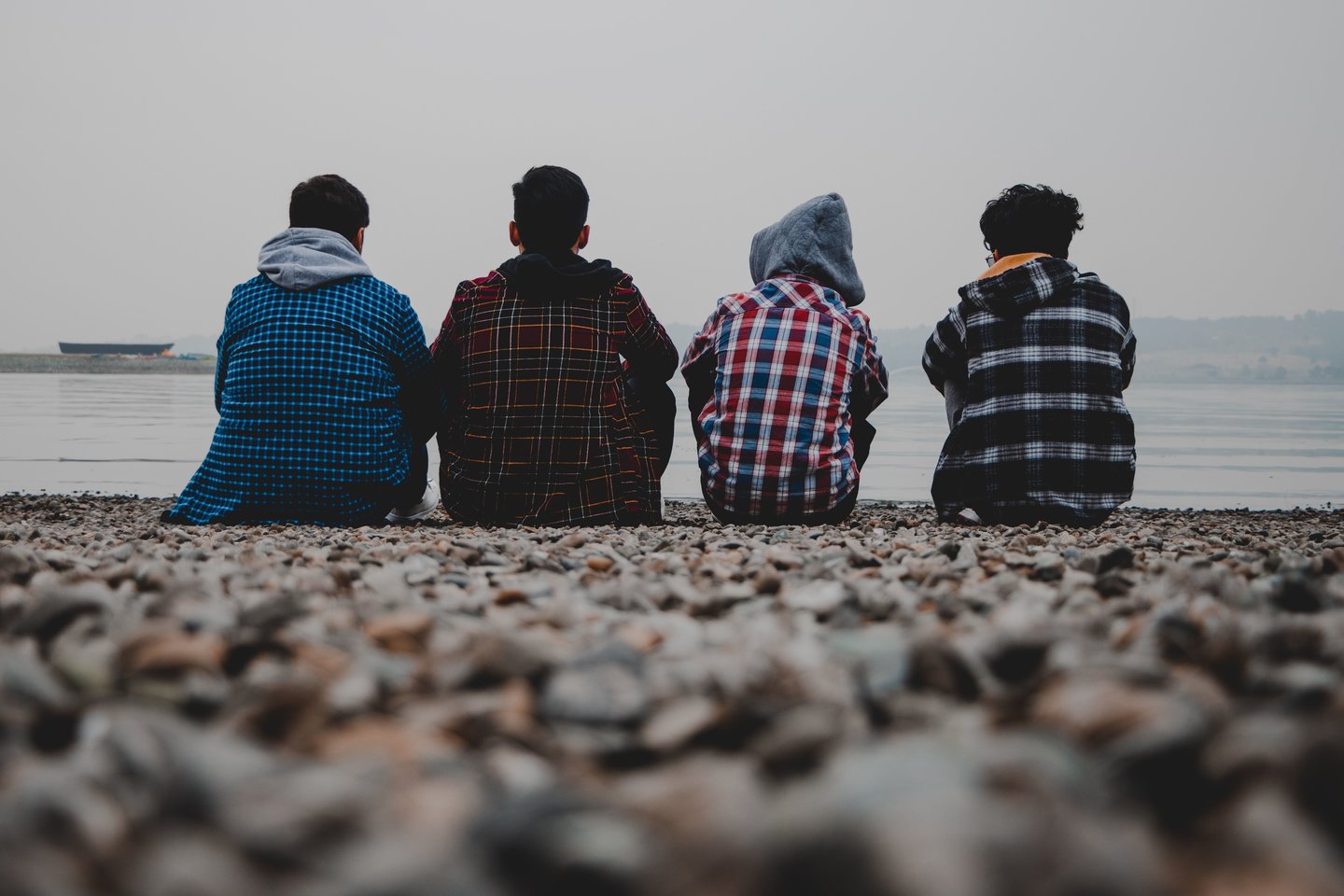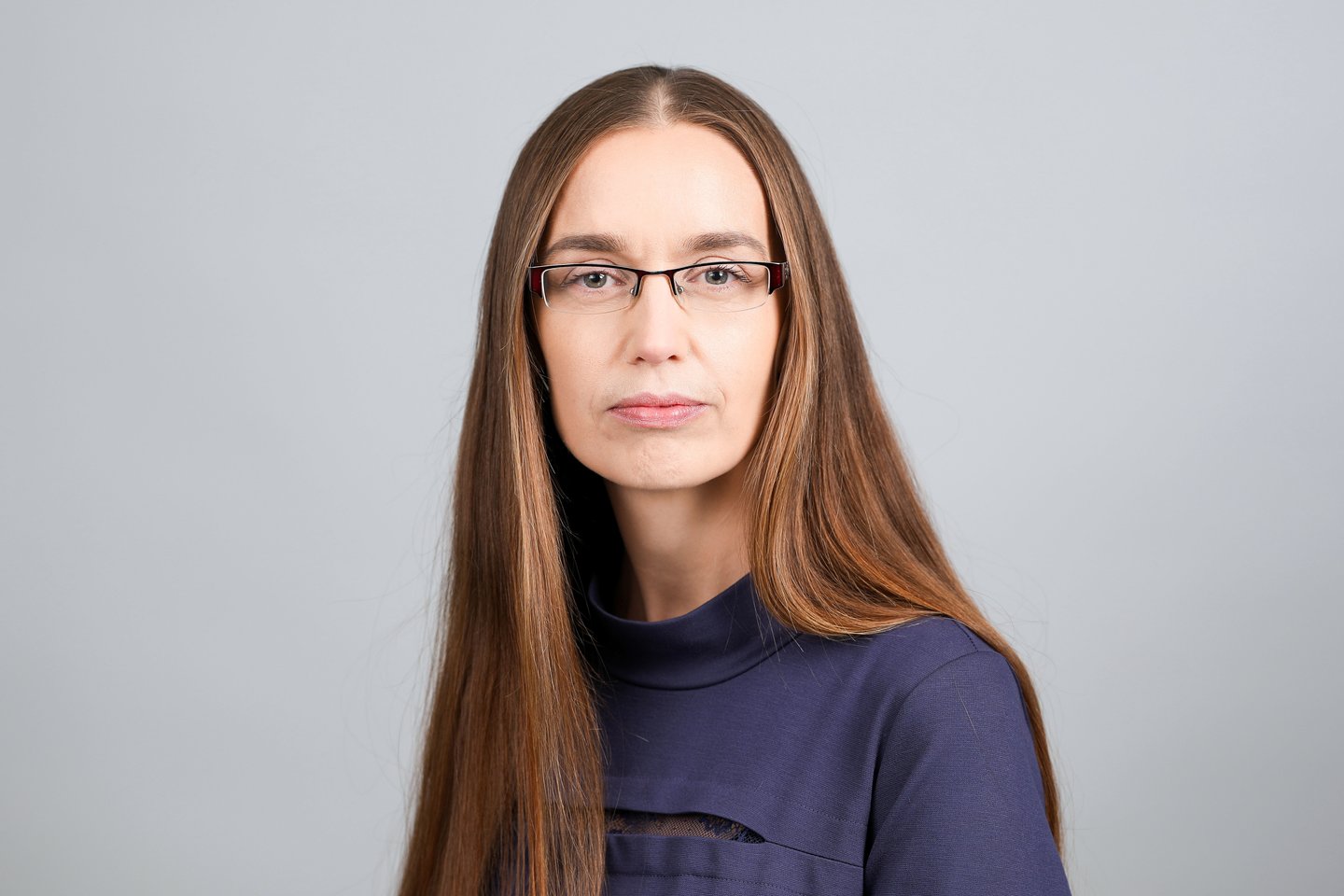Dr Jurgita Smiltė Jasiulionė, a psychologist who has been working with children and adolescents for 20 years at Vaiku linija, believes that bullying is still common because there is a lack of coherent work in school communities to tackle bullying.
„Bullying is a complex phenomenon that occurs for various reasons: individual personality traits, group norms, societal values and attitudes towards children's behaviour. For example, it has been noticed that children who want to dominate become bullies, while children who are more sensitive and do not like to respond to aggressive behaviour with aggression become victims of bullying. However, a significant cause of bullying is society's lack of responsiveness to this humiliating behaviour. Even though bullying is now quite well recognised in society, and people can name and describe what constitutes this degrading behaviour when asked about it, even when they notice bullying, people are afraid to react and stop it“, says psychologist Jurgita Smiltė Jasiulionė.
Bullying intensifies during puberty
She points out that during puberty, the influence of peers increases, and the role of adults becomes less important. Because of these developmental changes in adolescence, peer bullying becomes a way of rejecting and preventing from fitting in.
„Adolescence is marked by an increased desire to fit in, to find a group of friends. As a result, everything that happens between peers becomes vital. During this period, adolescents compare themselves to each other; they want to be similar, not just different. Often, the basis for humiliation is a particular characteristic of a person: otherness, interests, appearance, clothing, possessions, as well as identity, such as sexual orientation, religious beliefs and gender stereotypes, which are not the same as those of the perpetrator and the victim,“ says Jurgita Smiltė Jasiulionė.
Teenagers do not rely on adult support
Adolescence is marked by a growing need to separate from adults, who are increasingly becoming a lesser part of their children's daily lives. Teenagers are less likely to turn to their elders for help because they see bullying as a peer problem that only they can solve, making them more vulnerable.
„In the opinion of a psychologist at Vaiku linija, school communities lack coherent work to tackle bullying.
„Research shows that school is still the main place where bullying occurs. In my experience working for Vaiku linija, children do not rely on adults for support. When we work with a child to find ways to tackle bullying problem, we often suggest that they can turn to adults for assistance, but a common response from children is: „What can an adult do to help?“, „What can they do to stop bullying?“. This is a great message to us, adults, that when children experience tension and humiliation among their peers, they don't see us as the ones who can help them“, says Jurgita Smiltė Jasiulionė.
Teachers are closest to the child
During adolescence, primary socialisation takes place at school, where children spend most of their time, and the teacher is the person who knows their pupils best and is in a position to determine how to react to inappropriate behaviour.
„The more effectively adults in schools react to bullying and make an effort to stop it, the more likely it is that bullying problem will decrease in that school. And suppose an adult walks by and doesn't see, doesn't notice, doesn't react, in that case, this hostile behaviour tends to happen again,“ says a Vaiku linija psychologist about the vital role of adults in schools in stopping bullying.
The key is to see and stop
She says that any professional working in a school can stop bullying and assist children.
„Sometimes it is enough to look at the children and make it clear that their inappropriate behaviour is noticed, but in other situations, an adult needs to get involved and abruptly stop the misbehaviour. The second significant step is to pass on the information to the appropriate school authorities, who will further investigate what happened and provide the necessary support. If possible, the adult can immediately assist in finding out what happened by reporting the incident to the class teacher, the school administration or referring the case to student support specialists“, says Jurgita Smiltė Jasiulionė.
Everyone can contribute to reducing bullying.



